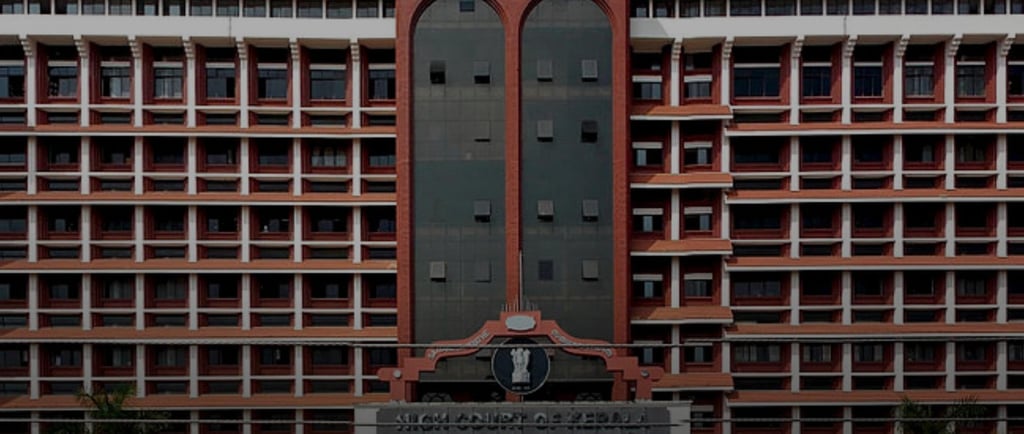PMLA Not Meant to Seize All Properties Linked to a Crime: Kerala High Court
Kerala High Court ruled that the Prevention of Money Laundering Act, 2002 (PMLA) does not aim to attach or confiscate all properties linked to a crime, especially those acquired before the crime took place. In this case, a senior citizen and his wife challenged a provisional attachment order issued under PMLA. The Court set aside the attachment of properties purchased before 2014, declaring it invalid and beyond jurisdiction. For properties acquired in 2015, the Court directed the petitioners to pursue alternative remedies under the PMLA.
12/17/20241 min read


Davy Varghese v. The Deputy Director
Judge: Justice Bechu Kurian Thomas
The Kerala High Court ruled that the Prevention of Money Laundering Act, 2002 (PMLA) does not permit attaching or confiscating properties acquired before the commission of a crime. In this case, senior citizen Davy Varghese and his wife challenged the provisional attachment of their properties under the PMLA.
The Court observed that properties purchased by the petitioners in 1997, 1999, and 1987 could not be attached because the alleged crimes occurred between 2014 and 2020, and the PMLA itself came into effect only in 2002. Justice Thomas emphasized that the law does not have retroactive application, as it would violate Article 20 of the Constitution, which prohibits punishment for acts that were not illegal when committed.
The Enforcement Directorate (ED) argued that loans were fraudulently obtained by manipulating bank software, and the properties were either purchased using the proceeds of the crime or mortgaged for obtaining illegal loans. ED maintained that its actions were valid under Section 5(1) of the PMLA and that the petitioners had alternative legal remedies under the Act.
The Court clarified that under the PMLA, only properties connected to criminal activity or equivalent properties could be attached. Properties unrelated to the crime can be attached only if proceeds of the crime are taken outside the country. Relying on earlier judgments like N Vijay Madanlal Choudhary v. Union of India (2022) and Pavana Dibbur v. Directorate of Enforcement (2023), the Court ruled that properties acquired before the commission of a crime cannot be attached.
Therefore, the Court set aside the attachment of properties purchased before 2014, calling it illegal and beyond jurisdiction, but directed the petitioners to seek alternative remedies for properties purchased in 2015.
